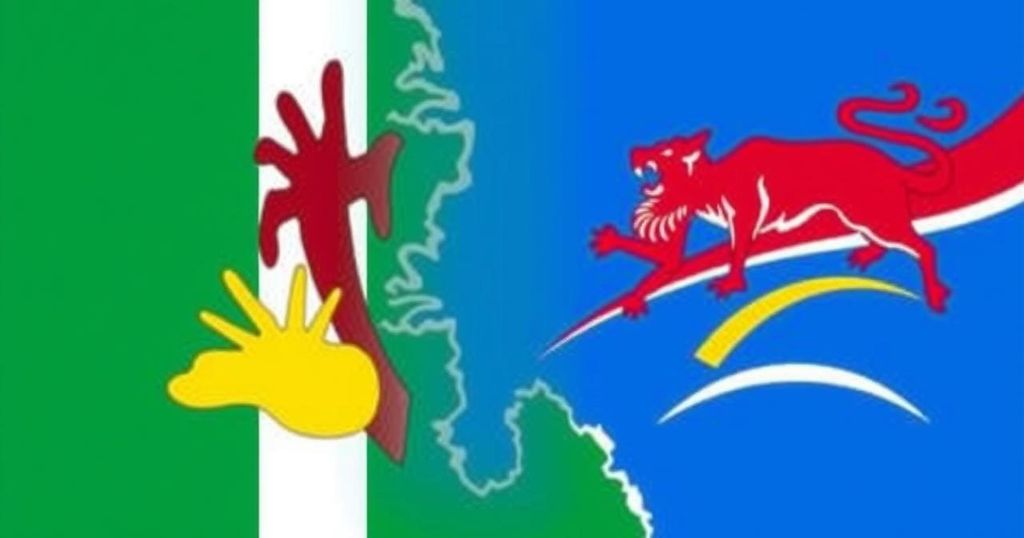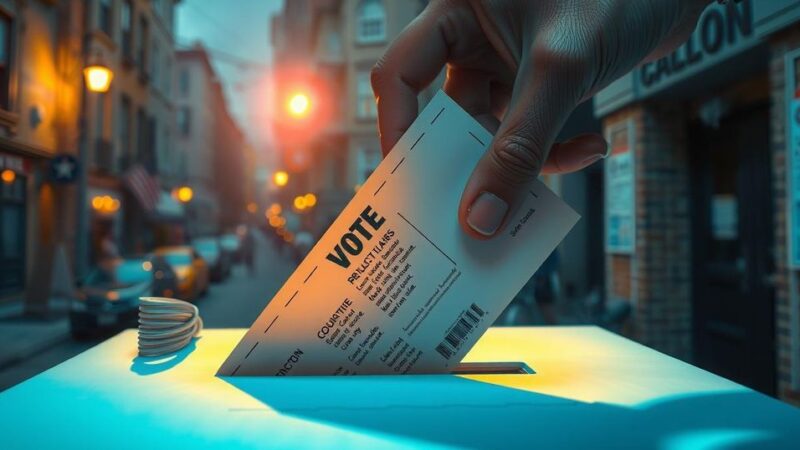Namibia’s Swapo party has retained power but faces declining control, reflecting a broader trend in Africa where governing parties struggle in elections. Significant losses were observed in Botswana, Mauritius, and Senegal, driven by economic downturns and public dissatisfaction. This year has highlighted increased opposition activity and demands for accountability, indicating a potential shift towards more competitive multiparty democracy in sub-Saharan Africa.
Namibia’s ruling party, Swapo, has managed to retain power in the recent elections, yet its dominance is visibly waning after more than 30 years of governance. Official results indicate that Netumbo Nandi-Ndaitwah emerged victorious with 57% of the presidential vote, marking a historic moment as she becomes the first female president of Namibia. However, the electoral process faced serious challenges, including logistical issues and allegations of irregularities, resulting in the opposition’s refusal to accept the outcome. This discrepancy raises crucial questions, particularly regarding how Swapo’s presidential vote share increased despite a significant decline in its parliamentary representation, where it lost 12 out of 63 seats, barely maintaining its parliamentary majority.
The Swapo party’s struggles are echoed across sub-Saharan Africa, where incumbent parties have faced significant challenges in 2024. This trend of governing parties suffering electoral setbacks is largely attributed to factors such as economic decline, rising public dissatisfaction with corruption, and the emergence of organized opposition groups. Countries like Botswana, Mauritius, and Senegal have witnessed dramatic political shifts, with long-standing governing parties facing unprecedented electoral defeats. For instance, Botswana’s Democratic Party, which had been in power since independence in 1966, saw its seat count plummet from 38 to just four. Similarly, in Mauritius, the ruling Alliance Lepep coalition’s share of the vote dwindled to a mere 27%, losing 60 out of 66 parliamentary seats to the opposition.
In Senegal, significant political change transpired when opposition figures, previously imprisoned, were released just before the elections, enabling Bassirou Diomaye Faye to win the presidency decisively against the government’s candidate, who garnered only 36% of the votes. South Africa’s African National Congress, while maintaining power, experienced a historical defeat, falling below the 50% threshold, compelling President Cyril Ramaphosa to negotiate power-sharing arrangements with other parties. Such electoral shifts suggest that sub-Saharan Africa is increasingly witnessing a dynamic political environment characterized by intense competition and public demand for accountability.
These developments signify a broader trend of fractured ruling party control due to factors such as economic distress. Issues such as rising inflation have contributed to citizen unrest and protests, paralleling global discontent seen in other regions. Notably, the successful adaptations of opposition parties, through coalition-building and meticulous electoral oversight, have also played a crucial role in altering the political landscape in numerous African nations. As we look ahead to the upcoming elections, including Ghana’s slated elections, the potential for continued opposition gains remains palpable, which could further signify a shift in sub-Saharan Africa’s political climate over the next year.
The article examines the recent electoral challenges faced by longstanding ruling parties in Africa, especially spotlighting Namibia’s Swapo party. Over the past year, numerous incumbent governments in sub-Saharan Africa have experienced significant losses or diminished control during elections. A constellation of factors such as economic downturns, growing public intolerance of corruption, and the rise of well-organized opposition have catalyzed this trend. The engagement of civil society and a more politically literate electorate has further emphasized the need for accountability and responsiveness from governance structures. This year’s electoral outcomes underscore a growing resilience in African democracies in contrast to the global climate of democratic backsliding.
In conclusion, the electoral results in Namibia and across sub-Saharan Africa signify a pivotal moment in the political landscape of the continent. The persistence of opposition parties, increased public involvement, and the demand for accountable governance reflect a shift towards more dynamic multiparty politics. Notably, the vulnerability of longstanding ruling parties underscores the complex interplay between economic conditions and political legitimacy. As elections continue to unfold throughout the region, the potential for further transformations remains significant, indicating a robust democratic resilience that belies earlier assumptions about Africa’s political stability.
Original Source: www.bbc.com






